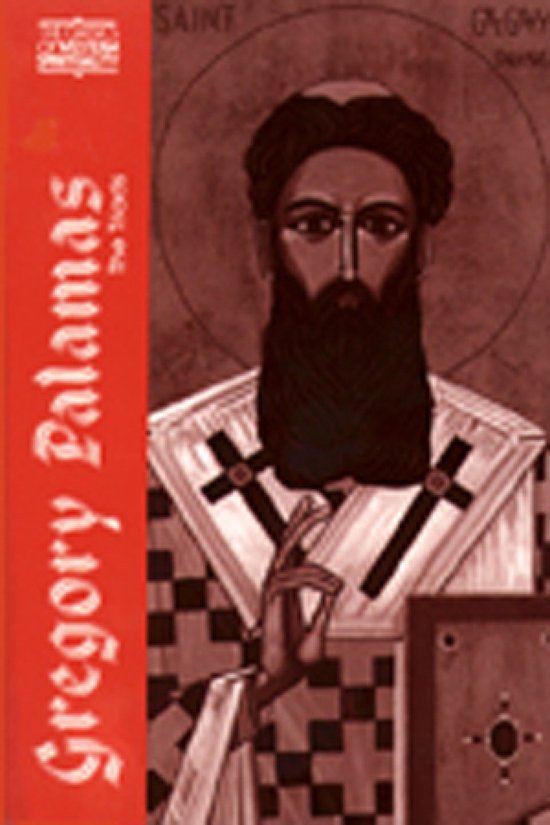Symeon the new theologian

Uiterlijk 24 januari in huis
"A major new project...to reengage people with their own spiritual roots...the first contemporary fresh translations from the classic works of mysticism in the Roman Catholic, Protestant, Eastern Orthodox, Islamic and American Indian traditions."
—G. W. Cornell, Associated Press
Symeon the New Theologian: The Discourses translation by C.J. DeCatanzaro, introduction by George Maloney, S.J., preface by Basile Krivocheine
It shines on us without evening, without change, without alteration, without form. It speaks, works, lives, gives life and changes into light those whom it illuminates. We bear witness that "God is light," and those to whom it has been granted to see Him have all beheld Him as light. Those who have received Him as light, do so because the light of His glory goes before Him, and it is impossible for Him to appear without light. Those who have not seen His light have not seen Him, for He is the light, and those who have not received the light have not yet received grace. Those who have received grace have received the light of God and have received God, even as Christ Himself, who is the light, has said, "I will live in them and move among them."
SYMEON THE NEW THEOLOGIAN (942-1022)
Father George Maloney in his Introduction to this volume focuses directly on the special importance of St. Symeon and on how similar the religious situation of his era is to our own. "Concretely, the battle of two opposing views of theology centered around St. Symeon and his mystical apophatic approach of the experiencing of God immanently present to the individual, as opposed to the "head trip" scholastic theology as represented by Archbishop Stephen of Nicomedia, the official theologian at the court of Constantinople. Stephen represented the abstract, philosophical type of theologizing while Symeon strove to restore theology to its pristine mystical tendency as a wisdom infused by the Holy Spirit into the Christian after he had been thoroughly purified through a rigorous asceticism and a state of constant repentance."
This great spiritual master of Eastern Christianity was an abbot, spiritual director of renown, theologian and important church reformer. These Discourses which form the central work of his life were preached by St. Symeon to his monks during their morning Matins ritual. They treat such basic spiritual themes as repentance, detachment, renunciation, the works of charity, impassiblity, remembrance of death, sorrow for sins, the practice of God's commandments, mystical union with the indwelling Trinity, faith and contemplation.
†
- 1 Bekijk alle specificaties



Taal: en
Bindwijze: Paperback
Oorspronkelijke releasedatum: 01 januari 1980
Aantal pagina's: 396
Illustraties: Nee
Hoofdauteur: The New Theologian,Saint Symeon
Tweede Auteur: Symeon
Hoofduitgeverij: Paulist Press International,U.S.
Eerste Vertaler: C. J. DeCatanzaro
Editie: New edition
Extra groot lettertype: Nee
Product breedte: 159 mm
Product hoogte: 32 mm
Product lengte: 235 mm
Studieboek: Ja
Verpakking breedte: 229 mm
Verpakking hoogte: 29 mm
Verpakking lengte: 229 mm
Verpakkingsgewicht: 567 g
EAN: 9780809122301